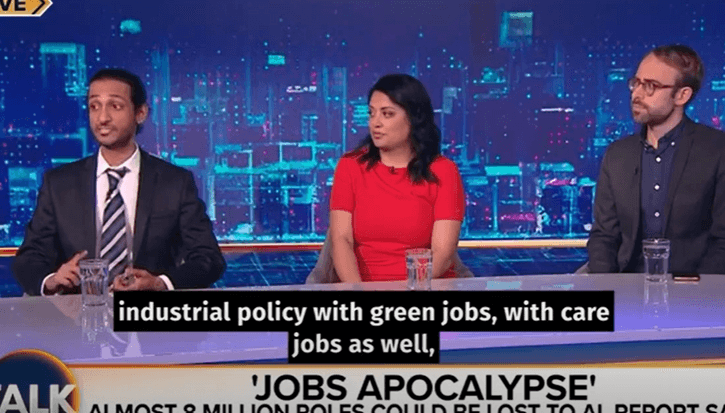Guest workers: Settlement, temporary economic migration and a critique of the government's plans
Article
The government is consulting on a radical policy shift, aimed at reducing dramatically the number of non-EU economic migrants who have the right or opportunity to settle in the UK, which show insufficient evidence of having considered these questions, or of heeding the lessons from similar policies in other countries, past and present.
Under the new proposals, only a few exceptional categories would be invited to stay, in particular the very wealthy. The rest would have to leave after a maximum of five years - regardless of how well they are doing in their job, what contribution they have made, and what roots they have put down in the local community (other than through marriage or civil partnership with a permanent resident).
The proposed approach - in effect, making virtually all non-EU economic migration temporary - is impractical, likely to be damaging in economic and social terms, and unusually for a 'tough' immigration policy may even prove unpopular with the public.
This report sets out four key questions the government must answer about its proposed rule changes, and makes a series of recommendations, should the proposals be implemented in their current form. It also provides a progressive framework for managing temporary migration, focused less on compulsory removal than on reinforcing the trend towards temporary migration that is already underway.
Related items

Who gets a good deal? Revealing public attitudes to transport in Great Britain
Transport isn’t working. That’s the message from the British public. This is especially true if you’re on a low income, disabled or living in the countryside. The cost of living crisis has exposed the shortcomings of our transport system,…
Bhargav Srinivasa Desikan on TalkTV discussing AI
IPPR's Bhargav Srinivasa Desikan on TalkTV discussing his new report on the impact of generative AI on the UK labour market.
Transformed by AI: How generative artificial intelligence could affect work in the UK – and how to manage it
Technological change is a good thing. It has brought exponential gains to living standards and is the foundation of modern society. Yet unmanaged technological change has always come with risks and disruptions.